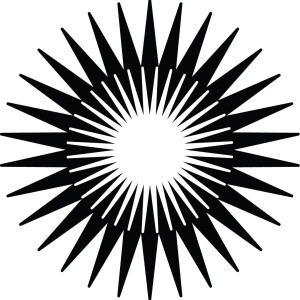
Why Was Joseph Smith Accused of Being a “Disorderly Person” in 1826? #594
 2021-02-01
2021-02-01
Download
Right click and do "save link as"
In 1825, Joseph Smith and his father Joseph Sr. were hired by a man named Josiah Stowell to help dig for treasure in an old Spanish silver mine. Stowell hired Joseph specifically upon hearing of a miraculous gift he possessed to see the unseen. In 1826, Peter Bridgeman, one of Stowell's nephews, charged Joseph Smith with being a "disorderly person"--a charge issued against many people including those that pretended to see treasure by magical means to defraud people of their money--and brought him to court in Bainbridge, New York. This charge and subsequent court trial has brought on speculation by many critics intent on showing Joseph Smith was a con artist and thus undermining his credibility in claiming that he received divine direction to translate an ancient record of scripture, to establish a church, and so forth. This KnoWhy examines the relevant historical documents and demonstrates, upon examining all available evidence about the trial, that Joseph Smith was likely acquitted of the charge.
view more
More Episodes
012345678910111213141516171819
Create your
podcast in
minutes
- Full-featured podcast site
- Unlimited storage and bandwidth
- Comprehensive podcast stats
- Distribute to Apple Podcasts, Spotify, and more
- Make money with your podcast
It is Free
- Privacy Policy
- Cookie Policy
- Terms of Use
- Consent Preferences
- Copyright © 2015-2024 Podbean.com





